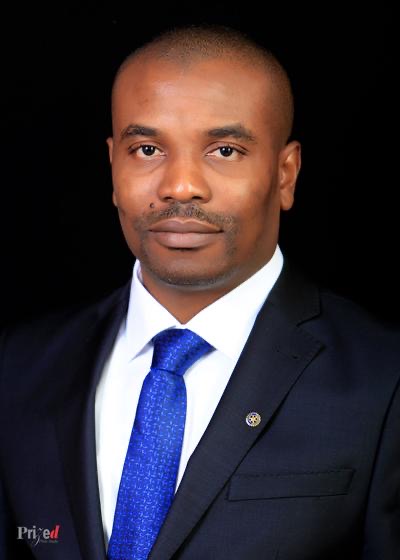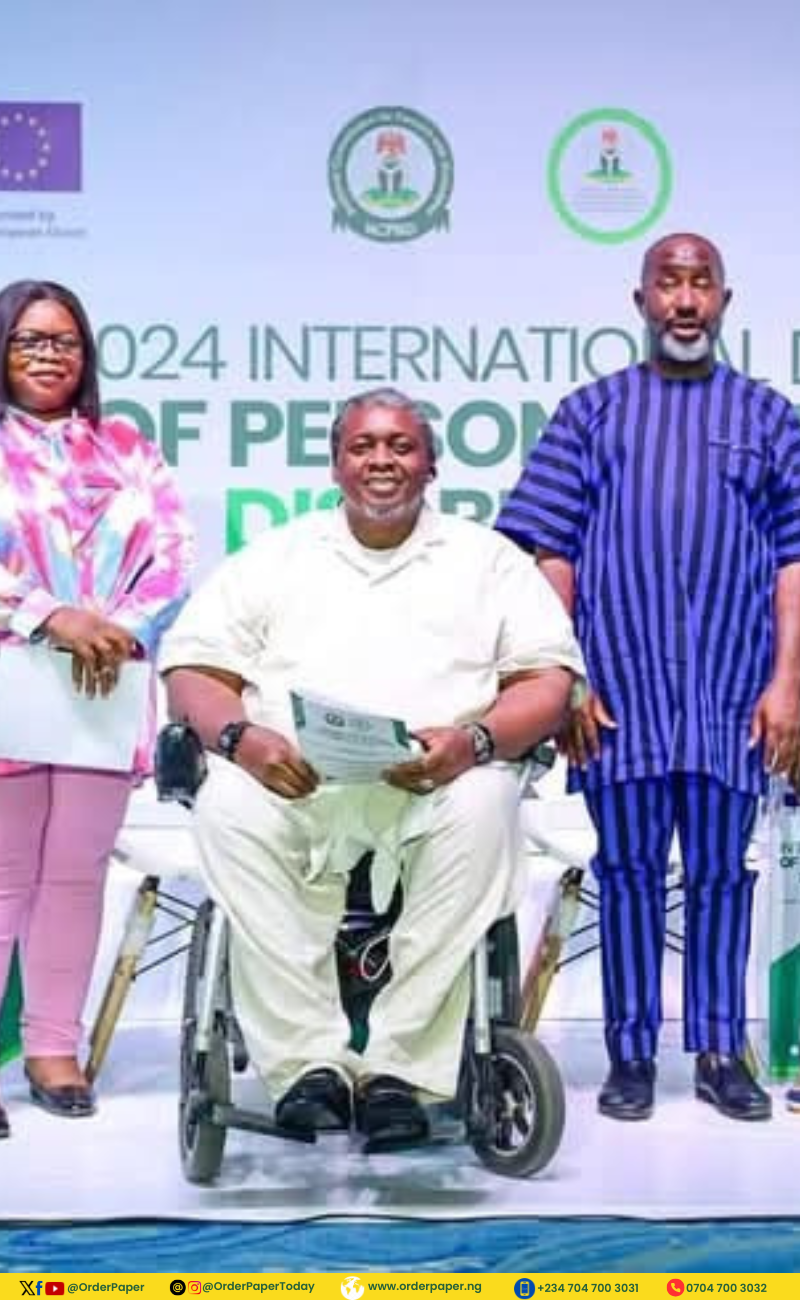Noting that those elections provide ‘the people’ an opportunity to exercise their power, Sani added that when democratic leaders make it impossible for people to vote their choices or violate the rules of engagement, the military finds an excuse to intervene under the guise that democracy is suffocated.
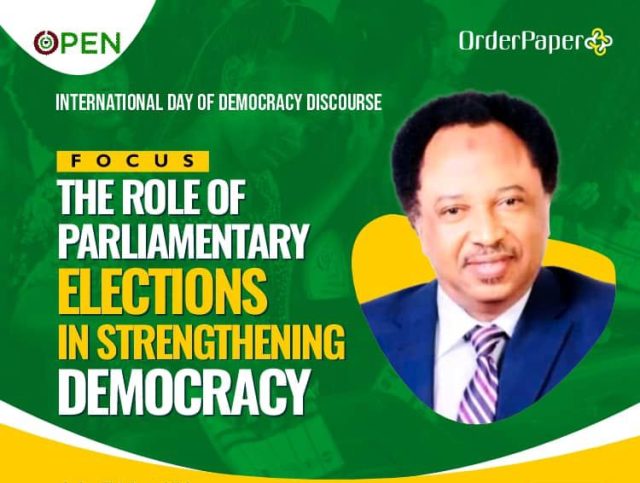
Civil Rights Leader, Senator Shehu Sani, has identified the failure of civilian governance to address the issue of poverty and insecurity as the chief reason for the recent wave of coups happening across Africa.
The President of the Civil Rights Congress of Nigeria (CRCN) expressed this position on Friday as a response to his recent tweet urging Africans and all stakeholders to move from asking why military coups were rampant to interrogating why democracy was failing on the continent.
This and much more, he explained during a discourse held in commemoration of this year’s International Day of Democracy (IDD 2023) by OrderPaper Nigeria as part of its online parliament series, OrderPaper Parliamentary Engagement Nigeria (OPEN Space).
READ ALSO: Shehu Sani insists on bills, oversight as performance indicators for lawmakers
Condemning the spate of coups around the sub-region and the continent, Sani further explained the connection between elections and military interventions, stressing that the election of leaders into various offices for specific terms is one of the fundamental differences between a military regime and democracy.
Noting that those elections provide ‘the people’ an opportunity to exercise their power, the former federal lawmaker added that when democratic leaders make it impossible for people to vote their choices or violate the rules of engagement, the military finds an excuse to intervene under the guise that democracy is suffocated. According to him, they take over power by force because even the civilians are in the habit of doing so.
“One of the fundamental differences between a military regime and a democracy is that a civilian regime is crafted with elections, where persons are elected into office for a specific term. Now you ask yourself whether what has been happening in Nigeria since 1999 is a democracy when people have to pay hefty sums of money to delegates to vote for them and pay money to party executives to endorse them and share rice, food, share so many things for people to vote for them.
Ask yourself what is written in the Constitution. So you monetise the process and even turn it hereditary. Governors are now placing their sons or wives as members of the National or State Houses of Assembly, locking all sorts and making it difficult for the opposition to get into government based on the acceptable rule.
When you suffocate democracy, make it impossible for people to vote their choices. When the rules of engagement are violated, when a country is run according to the interest of those in power, then you have created a conducive atmosphere for military takeover of power. Even the military will tell you that what is currently practised is not democracy. They are taking over power by force because even the civilians are in the habit of doing that,” he explained.
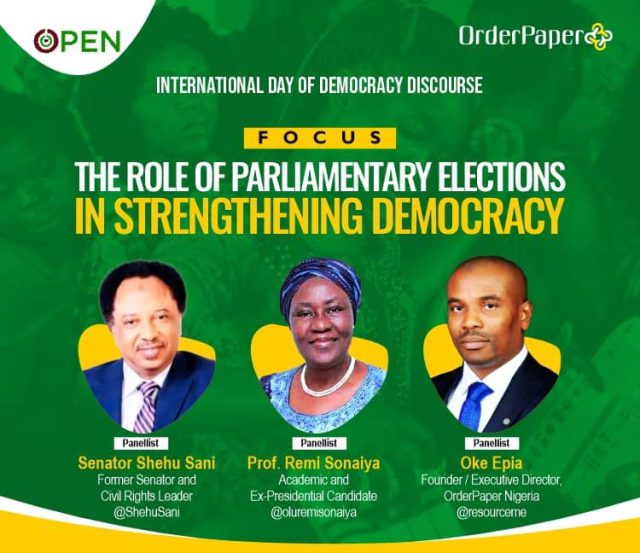
READ ALSO: IDD 2023: Prof Sonaiya seeks urgent review of timeline for Election Petitions
Explaining that reforms in the judiciary were still needed to ensure democracy thrives, the Pro-Democracy Activist pointed out the recent trend in Nigeria where elections are manipulated, and the victims (of electoral malpractices) are brazenly told to seek redress in court.
“You rig elections as a member of the House of Reps, it is been rigged, and somebody will tell you to go to court, and courts are been manipulated for someone to take over the whole place is been blocked. What do you expect? And I am not talking in the context of 2023.
I was one of those persons in 1995 who were arrested. I was just 27, and I was arrested for coup plotting. I spent over four years in prison under military rule alongside Dr. Beko Ransome Kuti and other journalists.
That was military rule for you. So, if you ask yourself if all those factors that differentiate military rule have been erased, what do you expect? The person who took over power in Guinea started (with) the issue of elections. Mali started (with the issue of) elections, Burkina Faso started (with) the same thing, Niger and Gabon; the same thing,” Sani explained.
READ ALSO: CSOs decry Nigeria’s huge debt, deepen advocacy for fiscal reforms
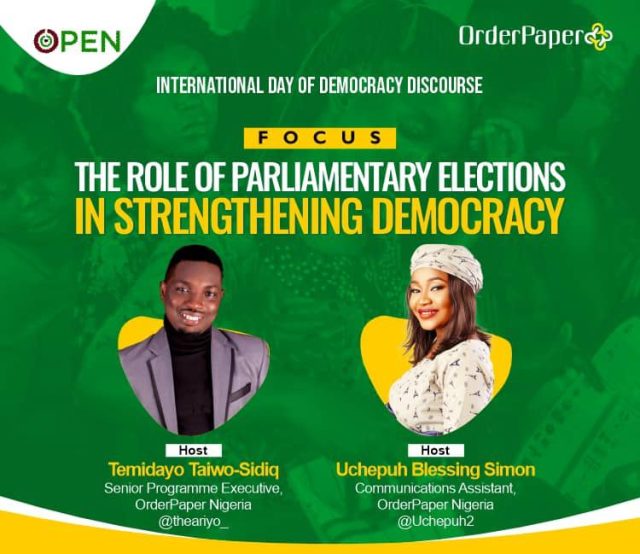
The International Day of Democracy Discourse, moderated by Temidayo Taiwo-Sidiq and Uchepuh Blessing Simon, served as a platform for meaningful dialogue on critical issues related to democracy, parliamentary elections and civic engagement, with the aim of strengthening democratic processes in Nigeria and beyond.
Put together by OrderPaper Nigeria, the country’s foremost independent parliamentary monitoring organisation and policy think tank that serves as a bridge between the people and parliament, this special episode of the OPEN Space is the seventh in the year 2023 and was arranged to mark the 15th celebration of the International Day of Democracy with the ‘Empowering the Next Generation,’ which was celebrated globally on September 15.
The discourse is part of OrderPaper’s mandate (using its convening power) to rally the voices that matter (Members of Parliaments- past and present, public servants, civil society, the media, academia and active citizens) to discuss key issues around the institution of parliament globally, all geared towards ensuring effective service delivery and the strengthening of democracy.
An initiative in furtherance of OrderPaper’s mission to provide simple and authoritative parliamentary data that empowers citizens to take action and enable informed decision-making by public and private entities, it is anchored on our vision to become the most authoritative organisation of choice and reference for parliamentary reporting, advocacy and public policy advisory in Africa.

